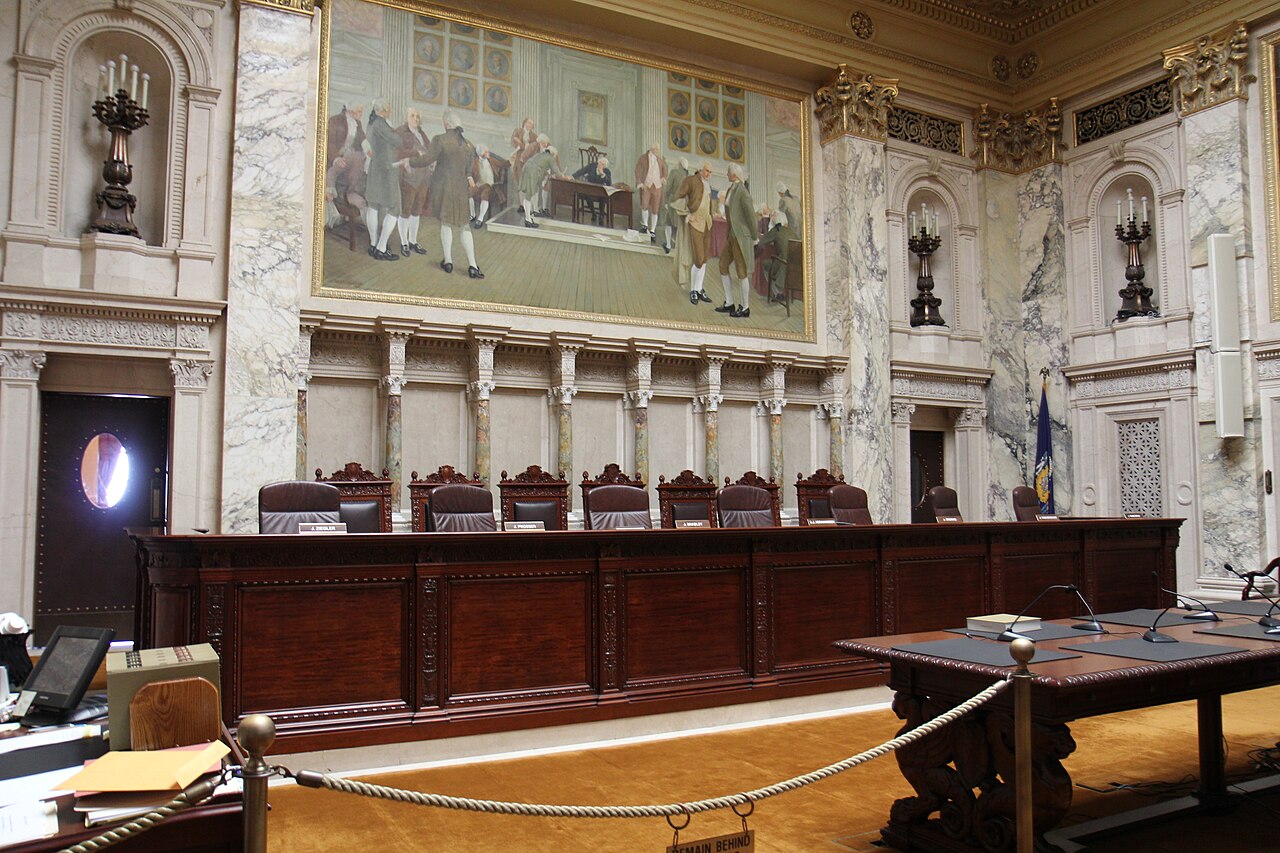Biden and GOP point fingers over unlikely default.
Washington’s Biggest Names Blame Each Other for Debt Ceiling Debate
Washington’s biggest names are blaming each other for the debt ceiling debate even as they assure the public there will be no default.
The conflicting narratives have emerged both from the White House and the Capitol, with President Joe Biden and House Speaker Kevin McCarthy (R-CA) alternately pointing fingers at each other and promising a deal will get done.
The Blame Game
“To be clear, this negotiation is about the outlines of what the budget will look like, not about whether or not we’re going to in fact pay our debts,” Biden said last Wednesday after meeting with congressional leadership. “The leaders have all agreed we will not default. Every leader has said that.”
But four days later, the president sounded a different tune during a press conference in Hiroshima, Japan. In response to a debt ceiling-related question, Biden said he “can’t guarantee that [House Republicans] wouldn’t force a default by doing something outrageous.”
Going further, he warned that default could be part of an underhanded election strategy on the part of the GOP.
The same two-step has been happening across the aisle.
McCarthy has said he still believes a deal will happen before June 1, the so-called “X-date” when the nation could no longer pay its debts, and that there is a “will to find a way” to avoid default on both sides.
Senate Minority Leader Mitch McConnell (R-KY) even called broadly for people to calm down because the situation is more or less normal.
“I think everybody needs to relax,” McConnell told reporters in Kentucky. “The last 10 times we raised the debt ceiling, there were things attached to it. This is not that unusual. It is almost entirely required when you have divided government. Regardless of what may be said about the talks … the president and the speaker will reach an agreement. It will ultimately pass on a bipartisan vote in both the House and the Senate. The country will not default.”
Yet that was followed by statements from McCarthy and his negotiators seeming to raise the stakes.
“President Biden has 8 days left to avoid becoming the first president in history to default on the debt,” McCarthy tweeted on Wednesday.
Sticking Points
The Limit, Save, Grow Act, which is the only legislation to pass a chamber of Congress that would raise the debt limit, would reduce spending by $4.8 trillion while increasing the debt limit by about $1.5 trillion. The White House has gone all out opposing the bill, which it has dubbed the “Default on America Act,” yet some of its biggest proposals remain in discussion.
Student loans, work requirements, and tax credits are among several sticking points the White House is negotiating with congressional leaders in debt ceiling talks.
According to the nonpartisan Committee for a Responsible Federal Budget, strengthening work requirements for federal assistance programs would save $120 billion, scrapping student loan forgiveness and the income-driven repayment overhaul would save $460 billion, and eliminating green energy tax credits from the Inflation Reduction Act would save $570 billion.
The White House on Wednesday stressed that it will not budge on student loans but reiterated that both sides are committed to avoiding default.
“The president’s team will continue to negotiate in good faith to reach a reasonable, bipartisan budget agreement,” Jean-Pierre said. “That’s what the president and the speaker agreed to, and that’s what they tasked their teams with reaching from the outset.”
Later in the same briefing, she warned of dire consequences if there’s no deal.
“It would wipe out millions of jobs, up to 8 million jobs,” Jean-Pierre said. “It would trigger a recession. It would devastate retirement accounts. It would increase costs. It would damage our international reputation. This is what could potentially happen if we default.”
CLICK HERE TO READ MORE FROM THE WASHINGTON EXAMINER
" Conservative News Daily does not always share or support the views and opinions expressed here; they are just those of the writer."





Now loading...